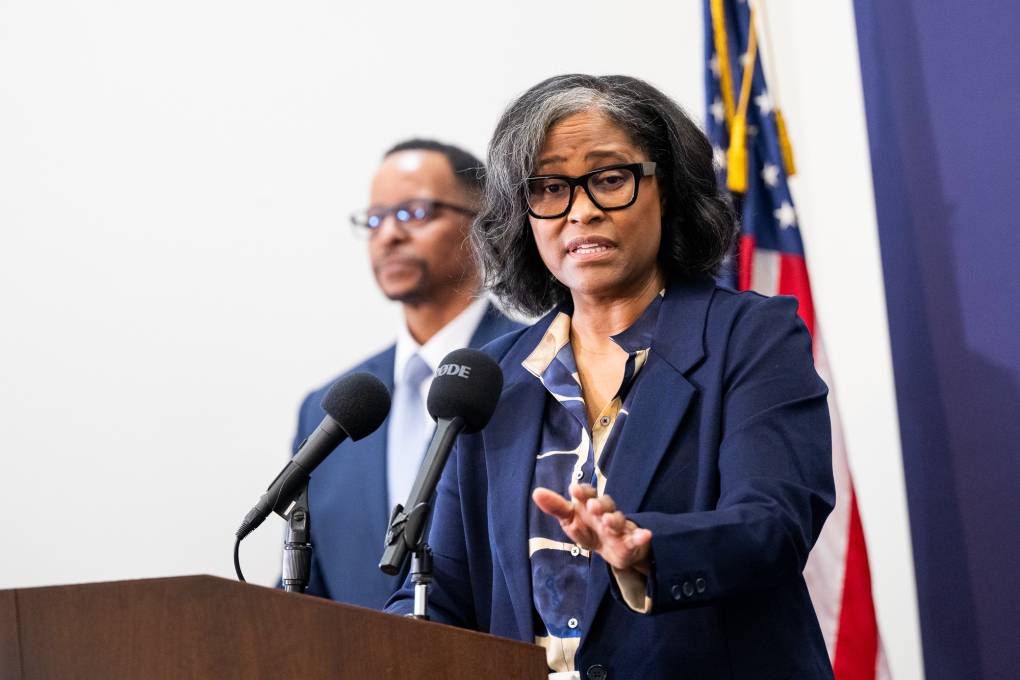In a Wednesday statement, Alameda County Superior Court representatives disputed the allegations and expressed concern over how the strike could interrupt the court’s operations. While available managers and staff are working to ensure that critical court functions can continue, the labor action puts the county at risk, court spokesperson Paul Rosynsky said the labor action puts the county at risk.
“Without court clerks, court reporters and some managers working, it will be harder for domestic violence victims to receive emergency restraining orders against violent partners, and some felons could be released from jail if their case cannot be heard before state-mandated deadlines,” he said in the statement.
Rosynsky said concerns over lack of staffing have not been the main focus of recent bargaining sessions. The Judicial Council of California estimated that the court is actually overstaffed by more than 100 employees, he said.
According to Rosynsky, SEIU Local 1021 has been insistent on salary increases for workers, but the court doesn’t have sufficient funds. Alameda County Superior Court experienced a $4.4 million budget reduction this year as part of a statewide $97 million cut to trial court budgets, Rosynsky said. The court is currently working to bridge the gap in funding.
“Court administration continues to be available for negotiations and mediation to reach agreement,” he said in the statement. “While the unions’ work action threatens public safety, the court’s executive team and available employees are diligently working to keep some courtrooms open to ensure the most critical cases can be heard.”
The next bargaining date is scheduled for next week.
KQED’s Juan Carlos Lara contributed to this report.
Feb. 20: This article was updated with the second day of the court strike and to correct a misspelling of SEIU Local 1021 representative Chris Flink’s name on second reference.


